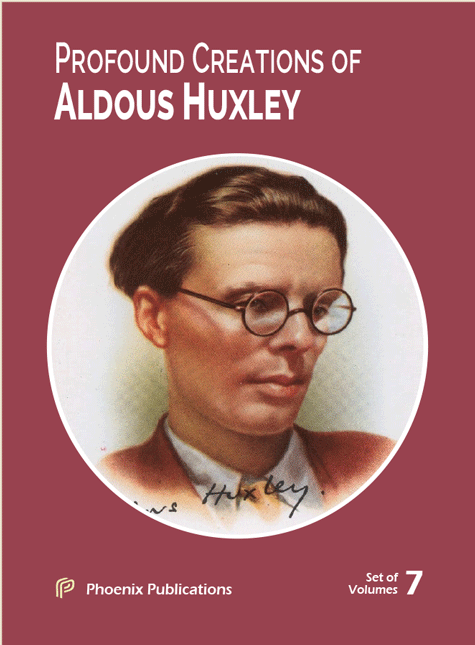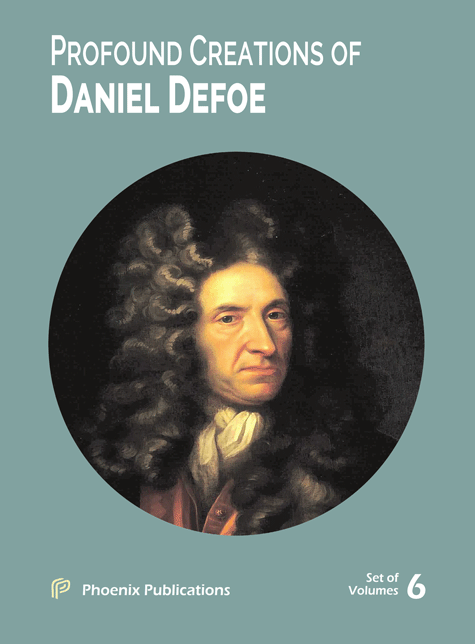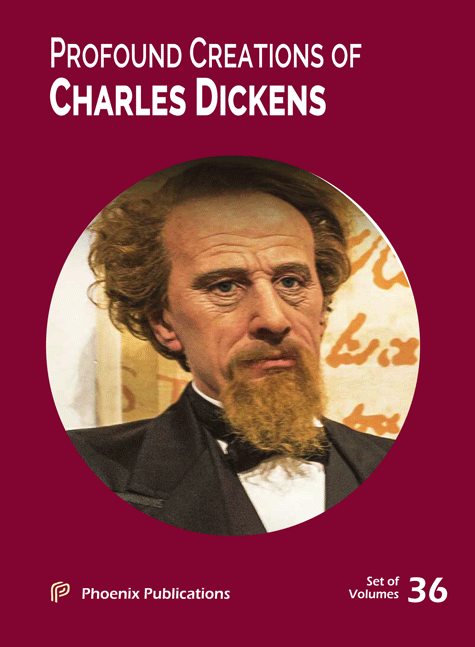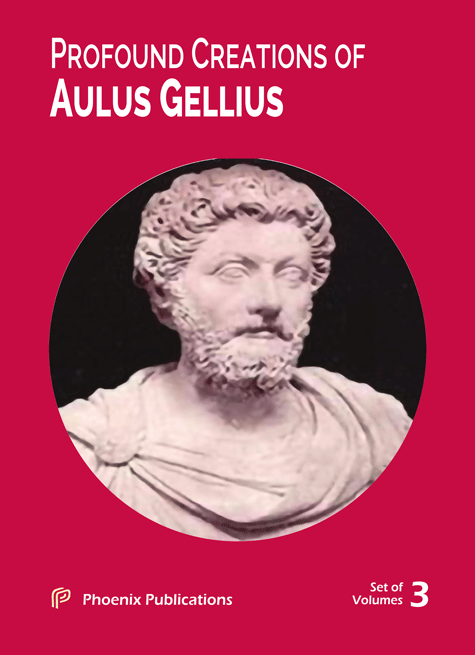Aldous Huxley (1894–1963) was an English writer and philosopher renowned for his contributions to literature, spanning novels, essays, and philosophical works. Born into a prominent intellectual family, Huxley explored a diverse range of topics in his writing, addressing issues such as technology, society, and individual freedom.
His best-known work, “Brave New World” (1932), is a dystopian novel that offers a critical examination of a future society driven by technological and social control. Huxley’s keen insights into the consequences of scientific advancement and the erosion of individual autonomy have made the book a classic of speculative fiction.
Apart from fiction, Huxley delved into philosophy and mysticism, notably with his essay “The Perennial Philosophy” (1945), where he explored the shared spiritual truths across various religions. His literary and intellectual legacy continues to resonate, and Aldous Huxley remains a thought-provoking figure whose works continue to stimulate discussions on the complex intersections of science, society, and the human experience.



